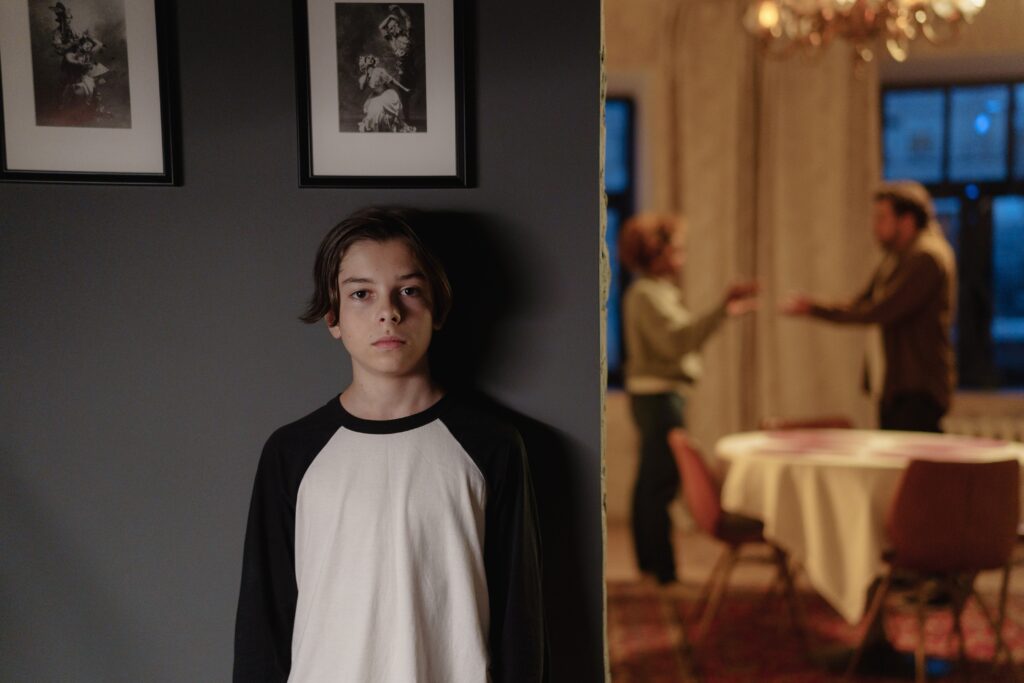 I conceptualized this essay 18 months ago, but recent events in our family have shown me that it’s time to flesh out my thoughts.
I conceptualized this essay 18 months ago, but recent events in our family have shown me that it’s time to flesh out my thoughts.
My view is that people are fundamentally precious. Genesis declares humans to be made in God’s image, after his likeness. In Ephesians 2, Paul declares us to be God’s workmanship, a masterpiece. As a kid in the 70s, I first learned this from a wall hanging in our church’s youth center: “God don’t make no junk!”
Our culture seems to have forgotten that people are precious. This is most clearly seen in politics, both by the politicians themselves as well as their ardent followers. The derogatory things people say about their political opponents simply astounds me. On both sides of the aisle, rarely is there any semblance of civility and decency toward one’s opponents. Rather than critique policies that are seen as harmful, political speeches are more often laden with ad hominin attacks on their opponent’s worth. I always found it ironic when politicians who defended the sanctity of life for the unborn, showed no sanctity toward the life of their full-grown opponents.
And of course, it’s not just politics; social media is replete with vile, derogatory comments toward disabled people, minorities, non-minorities, and pretty much any people category that can be named. Iowa’s record-breaking women’s basketball star is praised by many, but also relentlessly criticized and made sport of (pun intended). Our outrage culture encourages derogatory treatment of anyone who is different than me.
A neighbor once introduced his kids to me as his “brats,” right in front of them. He didn’t even give their names until I asked. Those kids will likely live up to the expectations of their dad’s self-fulfilling prophecy. How different this is from Psalm 127:3-5, which says:
Behold, children are a heritage from the Lord, the fruit of the womb a reward. Like arrows in the hand of a warrior are the children of one’s youth. Blessed is the man who fills his quiver with them!
Sadly, kids are often seen not as precious, but as problems — and America’s declining birth rate reflects this view. Many people simply don’t want to be bothered with children. Today, I just watched the movie “The Forge,” which is about a lazy teenager, Isaiah, who learned responsibility after adults showed him the folly of his ways. But what I found troubling was that throughout the movie, Isaiah was treated as a problem child that needed reforming rather than as a precious person worth understanding and getting to know.
If there’s any place where a person should be seen as precious, it should be within the family. Yet sometimes this is where it’s most difficult. I do a lot of marriage and family counseling and this loss of preciousness is often at the core of family problems. I wrote recently that spouses can adopt “villainous views”” of each other, forgetting the preciousness they saw on their wedding day.
And lest you think I’m only calling out others, despite my convictions I don’t always treat everyone as precious. I was recently humbled about this very thing; a former youth group parent called me out for ignoring and devaluing her son over thirty years ago. She was right about my neglectful treatment. I was very embarrassed to be told this, but was glad for the opportunity to confess my sin to her. And it was a sobering reminder of how all of us can forget the preciousness of people and how hurtful that can be.
So what will help us improve our treatment of people? Here are five things that may help.
- Straighten out your thinking. Are there people in your life that you’ve come to view as problems rather than as precious? Forsake that mindset. As a counselor I see dozens of hurting people every week, and when they walk in my office door, I aim to view them as precious and treat them that way. It is not a diagnosis that is walking in my door, it is fundamentally a precious person.
- Separate behavior from personhood. To say that people are precious is not to say that people are always likeable and well-behaved. Being precious doesn’t mean being faultless. Scripture declares that when Adam fell, we all acquired a sin nature; the image of God in us has been tainted. But we can address bad behaviors while simultaneously treating the person as valuable. My neighbor would do well to avoid labeling his ill-behaved children by their bad behavior. Calling your kid a “lazy good-for-nothing” will likely 1. push him away from you, 2. reinforce these bad behavioral expectations, and 3. cause long-term damage to your child’s self-concept. Calling out bad behaviors and choices can be accomplished while still affirming their preciousness.
- Serving badly behaving people helps people feel precious. I love the recorded historical account of the early church father named, Polycarp. When he was 86 years old, the Roman guards came to his house late at night to haul him off for execution (burning at the stake). But before going with them, “he gave orders that a table should be spread for them to eat and drink at that hour, as much as they desired.” What dignity he showed even to those who were sent to kill him!
- Treating people as precious is the best way to get them to act precious. From a practical standpoint, if we want people to behave better, treating them as precious is more likely to produce change than treating them as villains.
- Sometimes we don’t think about how precious people are until they are gone. That’s certainly how I feel about my 17-year-old niece Audrey, who struggles to receive love from others. I wish she could understand how precious she is to her family, friends, and most of all, to God. This post was a good reminder to me that I need to work on always treating her as precious no matter what. I miss you Audrey!



 .
.






 I’ve met many Christians who are determined to never get a divorce due to their biblical convictions, but I find the goal of simply not getting divorced to be extremely short-sighted. I’m not here to make a case for or against divorce, but my point here is that there are many seemingly “intact” marriages that are so unhealthy that their kids can only be described as growing up in a broken home.
I’ve met many Christians who are determined to never get a divorce due to their biblical convictions, but I find the goal of simply not getting divorced to be extremely short-sighted. I’m not here to make a case for or against divorce, but my point here is that there are many seemingly “intact” marriages that are so unhealthy that their kids can only be described as growing up in a broken home.